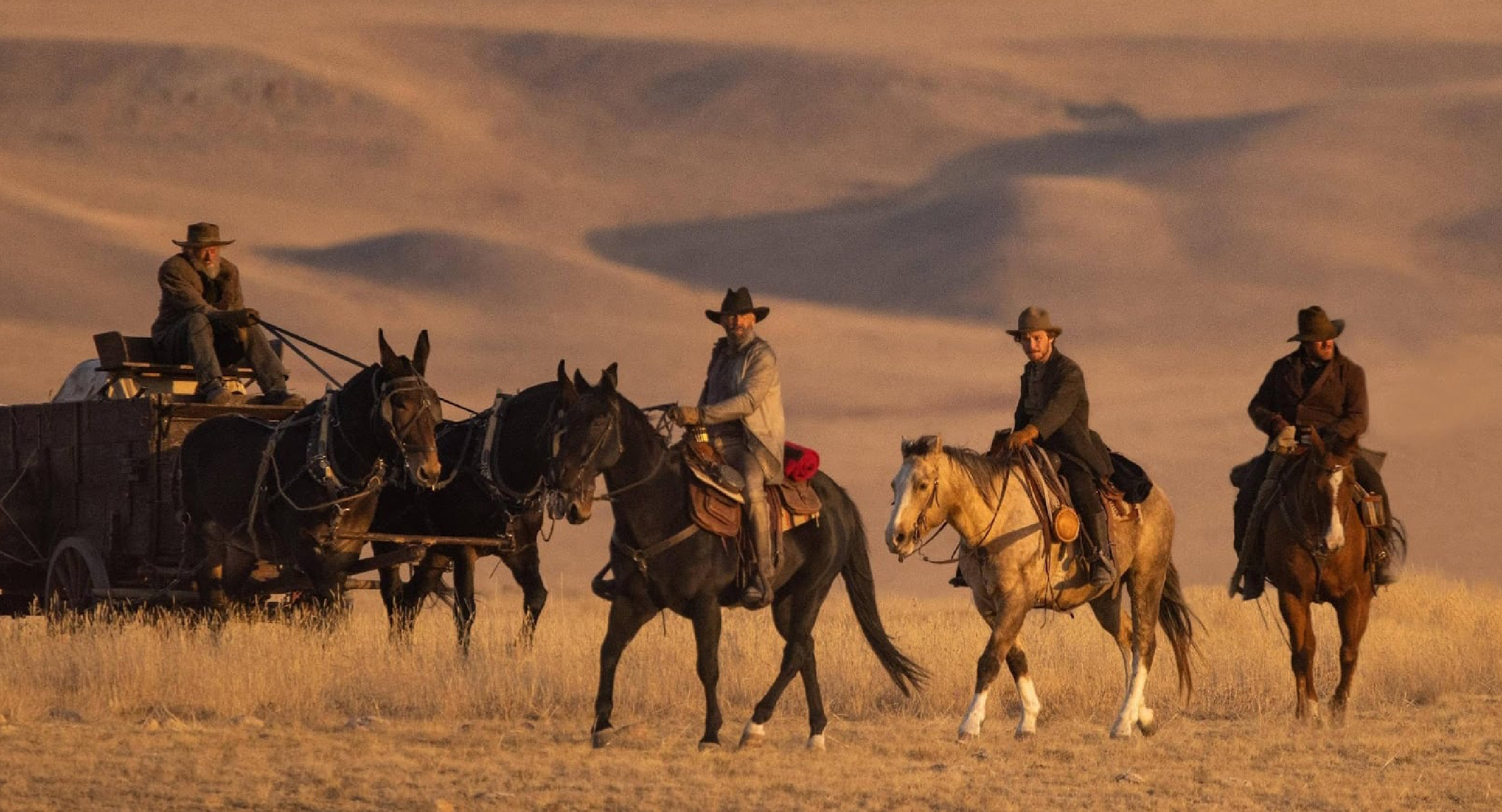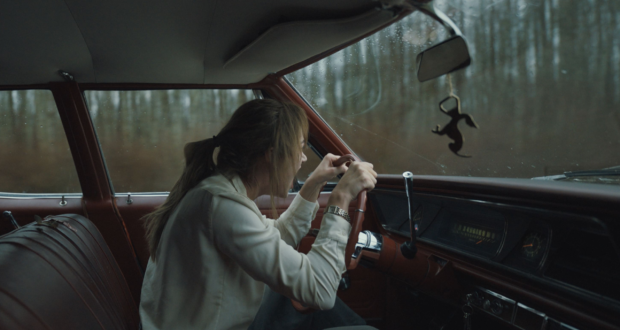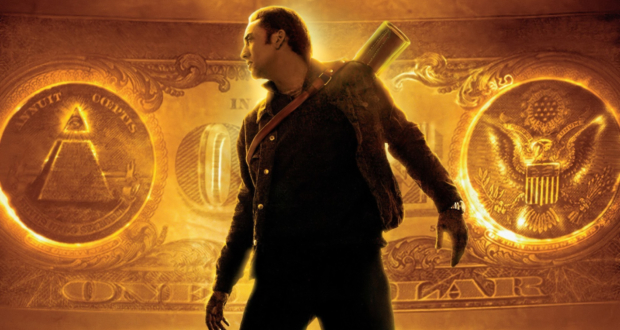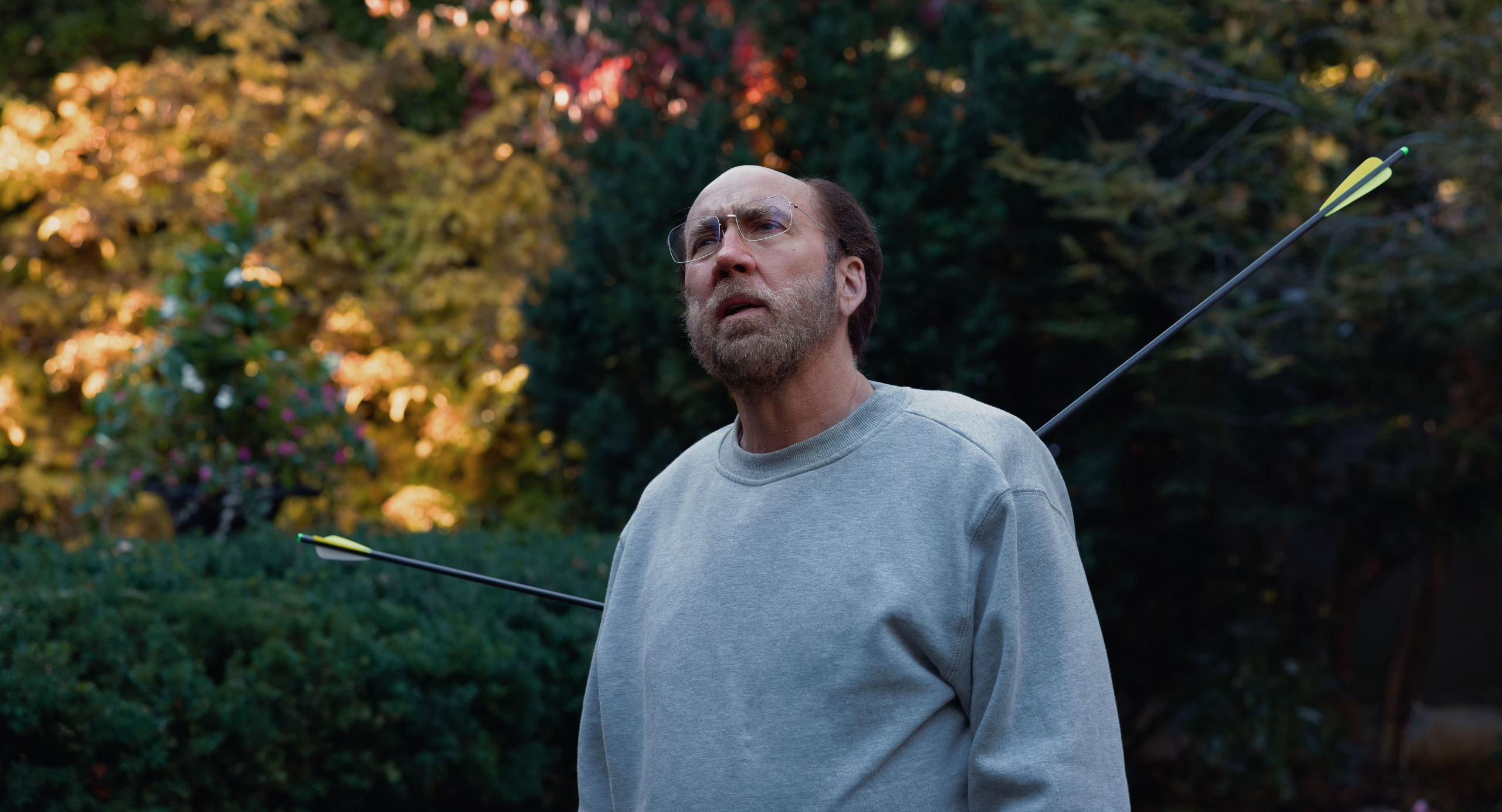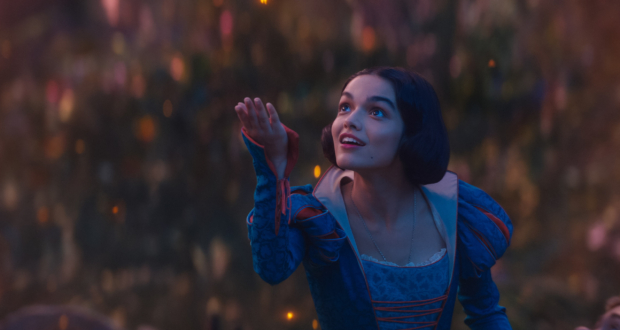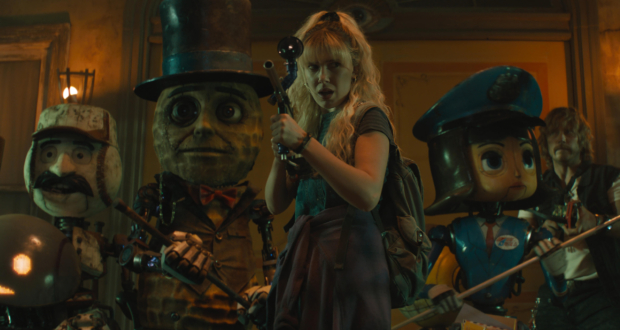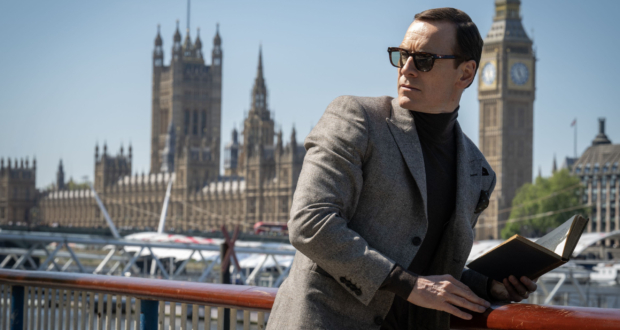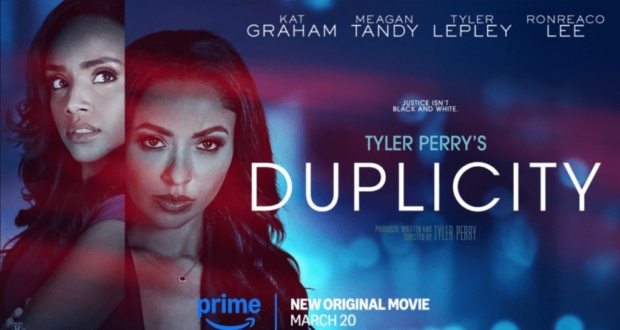Gabe Polsky‘s adaptation of John Edward Williams’ novel, Butcher’s Crossing, takes us on a journey through the vast American wilderness of the 1870s, but it’s not just a geographical exploration—it’s a deep dive into the psyche of its protagonist, William Andrews, portrayed convincingly by Fred Hechinger. With stunning cinematography, strong performances, and a narrative that oscillates between profound introspection and brutal realism, Butcher’s Crossing is a thought-provoking film that offers much to ponder. This Butcher’s Crossing review definitely recommends the film.
The Good Of This Butcher’s Crossing Review:
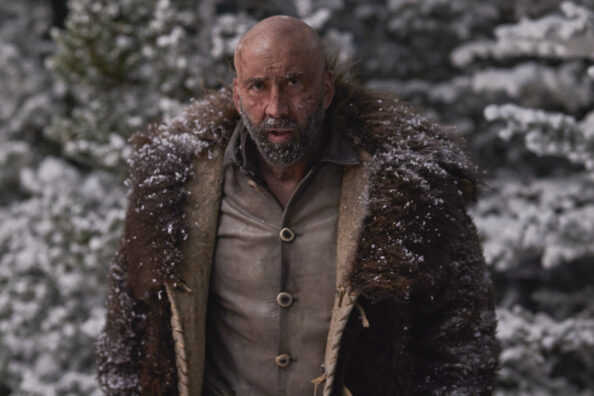
At its core, Butcher’s Crossing is a story of escapism and the pursuit of self-discovery. Andrews, a disillusioned Harvard student, leaves behind the constraints of his Boston life, seeking something deeper and more authentic in the wilderness. The film effectively captures his yearning for meaning and purpose, using the philosophy of Ralph Waldo Emerson as his guiding star. Hechinger’s portrayal of Andrews is nuanced, and we witness his transformation from an idealistic dreamer to a rugged, hardened outdoorsman.
Nicolas Cage takes on the role of Miller, a seasoned buffalo hunter who becomes the catalyst for Andrews’ journey. Cage, known for his intensity, delivers a subdued yet captivating performance. Miller’s character embodies the duality of humanity’s relationship with nature—he’s both a hunter and a conservationist, driven by profit but also by an obsession for a sense of accomplishment. Cage brings depth to Miller’s complexity, making him simultaneously compelling and unsettling.
The film’s cinematography, excellently handled by the talented David Gallego, immerses us in the harsh beauty of the American West. The vast landscapes and rugged terrain mirror Andrews’ inner quest for self-discovery. The contrast between the lush Boston scenes at the beginning and the desolate plains of Butcher’s Crossing highlights the stark shift in Andrews’ life. Polsky’s direction, coupled with Liam Satre-Meloy‘s screenplay, paints a vivid picture of the wilderness, its allure, and its unforgiving nature.
Butcher’s Crossing excels in its ability to evoke a sense of time and place.
The character dynamics are intriguing, to say the least. Miller, the experienced guide, represents pragmatism, whereas Andrews embodies idealism. Their interactions form the crux of the film’s philosophical discourse. As the story unfolds, tensions rise, and the clashes between these two characters lead to thought-provoking discussions on the ethics of hunting, the consequences of ambition, and the price of dreams.
Rachel Keller’s portrayal of Francine offers an interesting contrast to the main narrative. Her character is complex and multi-dimensional, providing a glimpse into the human connections forged in the midst of desolation. Keller’s performance is both vulnerable and resilient, leaving a lasting impression.
Butcher’s Crossing excels in its ability to evoke a sense of time and place. It immerses us in the rugged, unforgiving landscape and explores the profound impact it has on its characters. As the narrative progresses, we witness the changing seasons and the toll they take on the hunters, both physically and mentally. This attention to detail adds depth to the film’s thematic exploration of man’s relationship with nature and himself.
The Bad Part Of The Butcher’s Crossing Review

The film’s pacing, however, can be polarizing. While it effectively mirrors the slow, methodical pace of life in the wilderness, some viewers may find it challenging to remain fully engaged throughout the entirety of the film. The deliberate pacing can feel ponderous at times, requiring patience and investment from the audience.
Overall:
Butcher’s Crossing is a thought-provoking film that delves into the human desire for meaning and self-discovery. Gabe Polsky’s direction, coupled with strong performances by the cast, especially Fred Hechinger and Nicolas Cage, brings John Edward Williams’ novel to life with vivid visuals and a stark portrayal of the wilderness. While the deliberate pacing may not appeal to everyone, those willing to embrace its contemplative nature will find a profound and haunting cinematic experience. Butcher’s Crossing serves as a reminder that sometimes the most profound discoveries are made when we venture into the wilderness, whether it’s the wilds of nature or the wilderness of our own souls.
What did you think of Butcher’s Crossing? Let us know in the comments below.
Butcher's Crossing Review: A Glimpse into Self-Discovery
-
Acting - 8/10
8/10
-
Cinematography/Visual Effects - 7.5/10
7.5/10
-
Plot/Screenplay - 6.5/10
6.5/10
-
Setting/Theme - 6.5/10
6.5/10
-
Watchability - 7/10
7/10
-
Rewatchability - 5/10
5/10
